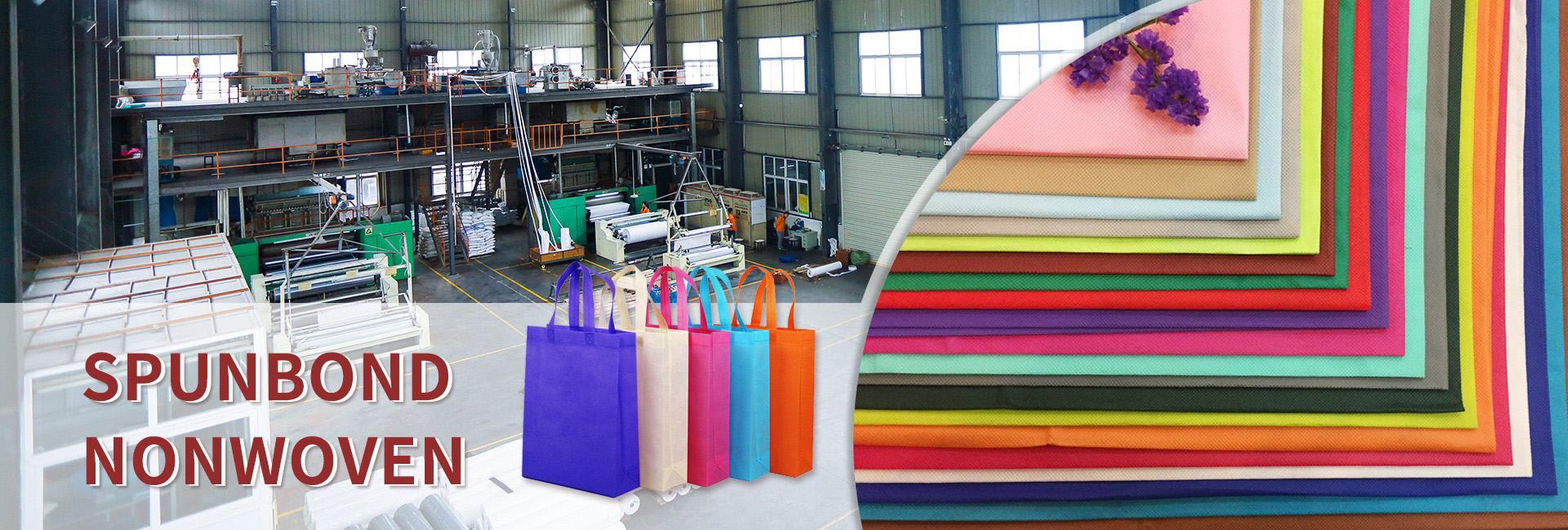Recently, Guangdong Province publicly announced 5 typical cases identified during the second and third rounds of provincial ecological and environmental protection inspections, involving issues such as urban household waste collection and transportation, illegal dumping of construction waste, watershed water pollution control, green and low-carbon energy transformation, and prevention and control of pollution in nearshore waters. It is reported that from May 19th to 22nd, the second round and third batch of provincial ecological and environmental protection inspections in Guangdong Province were launched. Five provincial inspection teams were stationed in Guangzhou, Shantou, Meizhou, Dongguan, and Yangjiang City, respectively, and identified a number of prominent ecological and environmental problems. Subsequently, the inspection team will urge all regions to investigate and handle cases in accordance with regulations, discipline, and laws.
Guangzhou: There are shortcomings in the collection and transportation of household waste in some towns and streets
Guangzhou’s garbage disposal capacity ranks among the top among large and medium-sized cities in the country. In Guangzhou, the first ecological environment protection inspection team of Guangdong Province found that the collection and transportation management of household waste in some towns and streets is not standardized and refined.
Taking Yuantang Road, Dashi Street, Panyu District as an example, temporary garbage bins were piled up on the roadside, with dirty and damaged bodies, and the site was not enclosed as required. The living garbage facilities in Shanxi Village and Huijiang Village were old and the environmental hygiene was poor; Individual transfer stations in Panyu District are located adjacent to residential areas, causing a foul odor that disrupts residents and leads to public complaints.
Shantou: Extensive management of construction waste in some areas
The second ecological environment protection inspection team of Guangdong Province found that the management of construction waste in some areas of Shantou City is weak, there is a lack of planning for the prevention and control of construction waste pollution, the collection and disposal system is not sound, and illegal dumping and landfilling are frequent.
The phenomenon of illegal dumping and landfilling of construction waste is common in some areas of Shantou City, with some construction waste being casually dumped by rivers, beaches, and even farmland.The inspection team found that the layout and pollution prevention work of the construction waste disposal site in Shantou City have long been in a state of unregulated compliance. The source control of construction waste is not sufficient, the terminal processing capacity is insufficient, the law enforcement of construction waste is weak, and there are blind spots in the entire process management of construction waste.
Meizhou: There is a high risk of environmental quality exceeding the standard in the north of the Rongjiang River
The third ecological environment protection inspection team of Guangdong Province found that Fengshun County has not effectively promoted the prevention and control of water pollution in the north of the Rongjiang River, with a large amount of domestic sewage discharged directly. There are shortcomings in the treatment of agricultural and aquaculture pollution, and the cleaning of river garbage is not timely. There is a high risk of exceeding the standard of water quality in the north of the Rongjiang River.
The supervision of aquaculture in the prohibited breeding areas within the North River Basin of the Rongjiang River is inadequate. The feces from some aquaculture farms in the South Ca Water Xitan section enter the external environment with rainwater, and the water quality in nearby ditches is severely black and odorous.
Dongguan: Prominent energy-saving management issues in Zhongtang Town
Zhongtang Town is one of the main paper-making industry bases in Guangdong. The energy structure of the town is particularly coal oriented, and economic growth is heavily dependent on energy consumption.
The fourth ecological and environmental protection inspection team of Guangdong Province stationed in Dongguan City found that Zhongtang Town’s efforts to promote green and low-carbon energy transformation were insufficient, the replacement and shutdown of coal-fired boilers were lagging behind, the requirements of “heat to electricity” were not implemented in cogeneration projects, and energy-saving supervision was insufficient in key energy consuming units. Energy conservation management problems were prominent.
Yangjiang: The prevention and control of pollution in the nearshore waters of Yangxi County is still inadequate
The fifth ecological and environmental protection inspection team of Guangdong Province stationed in Yangjiang City for inspection found that Yangxi County’s overall coordination of marine aquaculture and ecological environment protection is inadequate, and there are still weak links in the prevention and control of pollution in the nearshore waters.
The implementation of the ban on oyster cultivation is not in place, and there are still over 100 acres of oyster row cultivation in the Yangbian River ban zone.
The pollution prevention and control measures for oyster processing are not in place. Due to the lack of early planning and the lagging construction of sewage treatment facilities, the existing oyster wholesale and trading market in Chengcun Town, Yangxi County, some of the wastewater generated from the processing of fresh oysters in various shops in the market has been discharged into the river without treatment for a long time, polluting the water quality of Chengcun River.
Post time: May-31-2024

